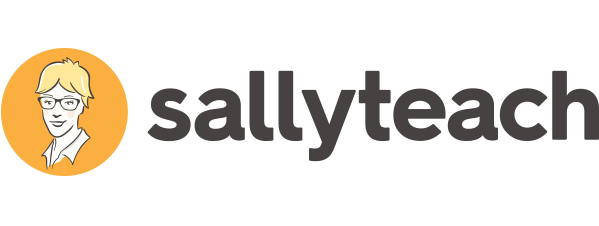
27 Apr Dyslexia
What is Dyslexia?
Children with dyslexia have normal intelligence – It’s just that their brain processes language differently to other children.
Many children I teach, who have been diagnosed with dyslexia, are bright and enthusiastic and incredibly switched on.
It is very frustrating for them and for their parents to understand why it is so hard for them to learn to read.
They therefore need support and specific strategies to help them process language… this is where Sallyteach comes in.
Dyslexia is more common than many people think!
It is estimated that between 5%-10% of children have some form of dyslexia but some sources say it can be up to 17%.
In an average classroom in Victoria (say 25 children) there will be at least three children who have dyslexia and who are at risk of becoming illiterate if not supported appropriately!
What are the characteristics of Dyslexia?
- Difficulty learning to read and often reading well below the expected age level
- Problems processing and understanding what they hear
- Difficulty following instructions, both oral and written
- Trouble staying on task
- Confusion with sequencing of letters and symbols. Reversals are common when reading … b for d, was for saw, of for for, come for
- Problems in the sequencing of letters in words …wnet for went, form for from.
- Continued confusion with pronouns like it, is, if
- Inability to sound out an unfamiliar word
- Avoidance of reading aloud
- Difficulty learning to spell… trouble remembering which sounds match which the letters
- Difficulty learning to write
- Finds it hard to stay on task and is easily distracted
- Poor short term and/or long term memory
- Spending an unusually long time completing a task involving reading or writing.
- Feeling stressed and anxious in a testing situation
How dyslexia affects your child’s learning
Your child’s ability to read is critical to their success at school across all areas of the curriculum.
If dyslexia is not acknowledge and attended to through the correct teaching methods by use of a synthetic, systematic and sequential phonics program and decodable readers, their reading will not improve and their self -confidence will suffer.
Children with dyslexia often have low self- esteem. They may experience behavioural problems, anxiety, sometimes aggression and withdrawal from their friends, teachers and parents.
Dyslexia is also associated with an increased risk of having ADHD (Attention deficit/hyperactivity disorder).
This can make Dyslexia harder to treat as ADHD can cause difficulty sustaining attention as well as hyperactivity and impulsive behaviour.



